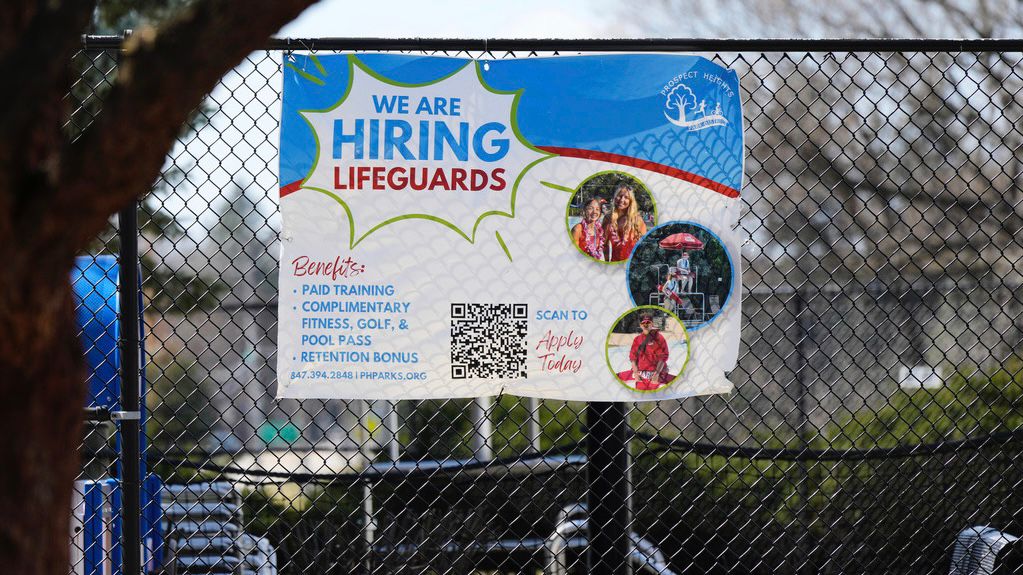A pair of bipartisan U.S. senators on Thursday announced they were set to begin renewed discussions on gun reform legislation, including red flag laws and background checks, days after a massacre at a Texas elementary school left 19 children and two teachers dead.
Sen. John Cornyn, R-Texas, told reporters Thursday morning that he plans to meet with Connecticut Democrat Chris Murphy, who came to Congress representing the community where 26 students and teachers were killed at Sandy Hook Elementary nearly a decade ago. The two have led bipartisan negotiations before, the latest round breaking down last summer.
“I believe in the process, collectively, Republicans and Democrats working together to save lives going forward,” Cornyn said Thursday. “I'm interested in trying to figure out what it is we might be able to do that would make [the Uvalde shooting] less likely in the future.”
Cornyn pointed to potentially addressing enforcement gaps in the background check system, an issue he’s worked on with Murphy before, and he said he was willing to talk about a red flag law, which would allow authorities to remove firearms from those determined to be a danger to themselves or others.
Senate Republican Leader Mitch McConnell told reporters that he "encouraged" Cornyn to talk to Murphy and other Democratic lawmakers "who are interested in getting a bipartisan solution and come up with a proposal, if possible, that's crafted to meet this particular problem."
"I am hopeful that we could come up with a bipartisan solution," the Kentucky Republican added.
Murphy also highlighted talks with lawmakers on both sides of the aisle at a rally calling for gun safety legislation outside the Capitol, saying their plan is to hold serious discussions for the next 10 days.
“We're going to extend a hand of partnership to those who have been sitting on the sidelines, to those who have chosen to side with the gun lobby,” he said. “Today, we will be engaged in bipartisan conversations to try to find a path forward to make our streets safer, to make our schools safer.”
Murphy spoke about his fourth-grader, who is “forced to have” conversations with his classmates about where they might hide if a shooter enters their classroom.
“This is not inevitable. This is not unchangeable,” he said. “We're the only country in the world in which our kids go to school wondering whether they will survive the day.”
Lawmakers in a session led by Murphy on Thursday included Democratic Sens. Joe Manchin, D-W.Va., Martin Heinrich, D-N.M., Kyrsten Sinema, D-Ariz., and Richard Blumenthal, D-Conn., and Republican Sens. Pat Toomey, R-Pa., Lindsey Graham R-S.C., Susan Collins, R-Maine, and Bill Cassidy, R-La., who joined by phone, according to reporters from POLITICO and ABC News.
Sen. Manchin, who has foiled Democrats' other major legislative efforts in the last year, told reporters he strongly supports congressional action after the deaths in Uvalde.
"I can't get my grandchildren out of my mind. They could have been there. And something needs to be done," he said.
These conversations among senators have happened before with rare success. Cornyn and Murphy ended two months of talks last June that focused on closing loopholes allowing gun buyers to sidestep background checks when they purchase from unlicensed dealers.
Majority Leader Chuck Schumer, D-N.Y., on Thursday said Democrats had “deep skepticism” about the potential for negotiations, but he promised he would hold off on bringing Democrats’ own gun safety legislation to the floor while the talks play out, while making room for those bills to get a vote in the near future.
“This is not an invite to negotiate indefinitely. Make no mistake about it, if these negotiations do not bear fruit in a short period of time, the Senate will vote on gun safety legislation,” he said on the floor Thursday morning.
The White House spokeswoman on Thursday said the Biden administration strongly supports congressional action on guns, but she added that they would leave the specifics to Democratic leaders on Capitol Hill.
"It's time for Congress to act," said White House press secretary Karine Jean-Pierre. "If at the end of that 10 days, there is no agreement, the White House wants to see the Senate move forward on the Housed-passed bills."









